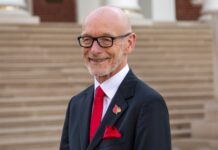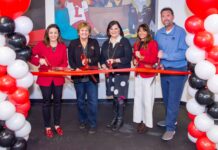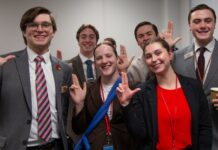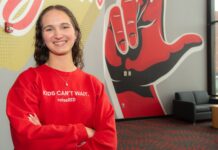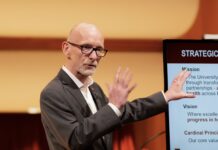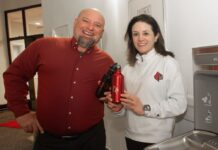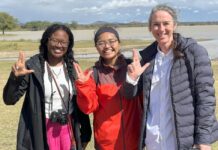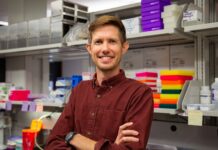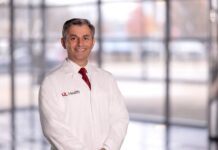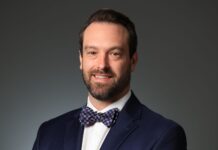
Unraveling the complexities of cancer continues as the next generation of scientists pick up the baton and blaze new trails of discovery. Influencing students to pursue cancer research careers is at the heart of the University of Louisville’s National Cancer Institute-funded Cancer Education Program, now in its seventh year.
A new class of more than 40 undergraduate and medical students representing 13 institutions including Stanford University and MIT, begins the 10-week program this month.
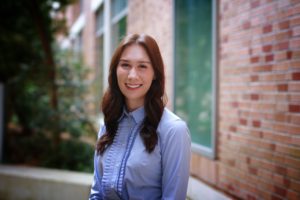
Sarah Mudra completed the program in 2014. Inspired by her experience in Louisville, she’ll start medical school at UofL this summer. Mudra, who plans to pursue the School of Medicine’s Distinction in Research Track, will conduct research in collaboration with Beth Riley, M.D., F.A.C.P., associate professor of medicine and deputy director of clinical affairs at the James Graham Brown Cancer Center.
Riley was Mudra’s primary mentor in the Cancer Education Program.
“I witnessed the multi-faceted nature of medicine as Dr. Riley balanced relational care with scientific inquiry and ethical decision-making – I became fascinated with the field of oncology,” Mudra said. “Dr. Riley became a steadfast encourager and mentor, prompting me to ask complex research questions and examine new bodies of literature.”
Throughout the 10 weeks, Mudra worked with Riley to analyze data from individuals who were diagnosed with breast cancer through testing on the cancer center’s mammography van. They engaged in conversations about patient care and population-based research, including the utility of mobile mammography for reducing health disparities.
Mudra said it was her participation in the Cancer Education Program that laid the foundation for continued scientific exploration as a post-baccalaureate research fellow at the National Institutes of Health in Bethesda, Md. During the two-year fellowship, she worked to refine her research techniques and develop a novel protocol for human microbiome analysis.
“It is remarkable how the Cancer Education Program molded my professional and scientific development, serving as my foundation,” Mudra said. “I would advise all students interested in scientific growth to pursue a dedicated period of research in a field of interest. Be inquisitive and curious. Exercise a willingness to learn any aspect of a project, and uphold a tireless work ethic. Above all, demonstrate gratitude for the opportunity to be shaped through a mentor’s guidance.”
The directors of the program, David Hein, Ph.D., Peter K. Knoefel Endowed Chair of Pharmacology and chair of the Department of Pharmacology & Toxicology, and La Creis Kidd, Ph.D., Our Highest Potential Endowed Chair in Cancer Research and associate professor in the Department of Pharmacology and Toxicology, outlined the success of UofL’s program in an article published in the Journal of Cancer Education.
Since 2011, 188 students have completed UofL’s program.







